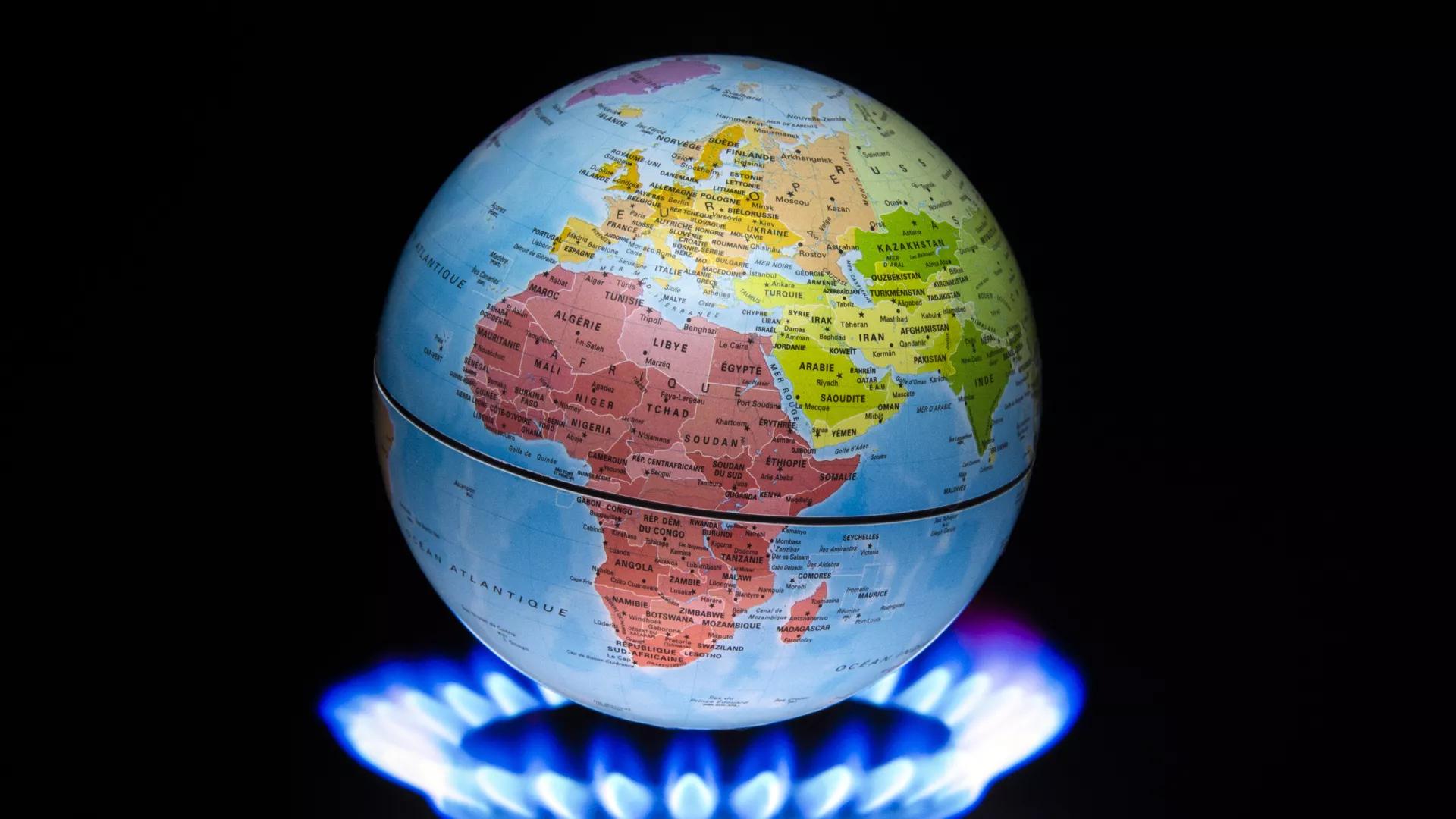Africa-Press – South-Sudan. Researchers from the MISIS National University of Science and Technology have created a high-performance catalyst for industrial carbon dioxide processing, one of the main culprits of global warming.
Scientists at the Russia’s MISIS National University of Science and Technology (NUST MISIS) have developed a new simplified method to produce industrial cobalt-nickel catalysts for carbon dioxide processing.
According to them, apart from the environmental significance, the compound is characterized by a simple synthesis method, low cost, and several other advantages. The results of their study were published in the Materials international journal. Catalysts are compounds that accelerate the flow of a particular chemical reaction, and are widely used in industry.
A reaction between carbon dioxide and hydrogen is one of the most promising ways to process the greenhouse gas carbon dioxide. According to scientists, synthesis gas, various hydrocarbons and alcohols widely used in the chemical industry can be very effective in this reaction. To this end, scientific teams around the world are striving to find effective and durable catalysts to scale up carbon dioxide recycling as part of the green economy of the future.
According to the scientists, three problems had to be solved to create the catalyst: to investigate the possibilities of complete utilization of carbon dioxide, which intensifies the greenhouse effect on the planet, as well as to simplify the production of effective catalysts and to create catalysts based on available raw materials.
“A distinctive aspect of our technology is the fast and simple synthesis of the material by combustion of active gels. Our approach requires a small amount of energy to heat a small sample volume, up to one cubic millimeter, and then the synthesis proceeds in a self-sustaining mode without additional energy consumption,” Roslyakov said.
Application of non-standard methods of synthesis significantly reduced energy and resource costs in the production and use of catalysts, the scientists noted. They added that cobalt contributes to the formation of a porous framework structure of the catalyst and also triples the catalytic properties of nickel.
Since the entire volume of the catalyst consists of a metal alloy, it has a much higher thermal conductivity compared to ceramic carriers. As the specialists explained, this significantly increases the stability of the material during long-term use. In the future, the team plans to continue the search for new effective and stable catalysts.
For More News And Analysis About South-Sudan Follow Africa-Press






